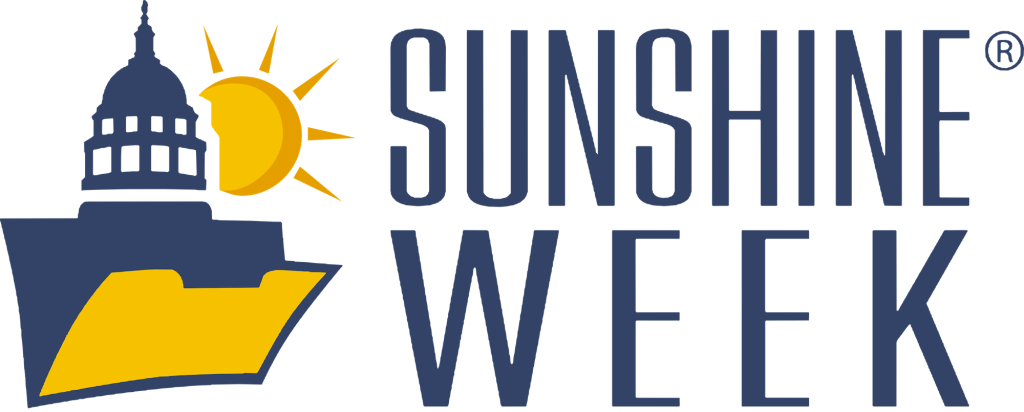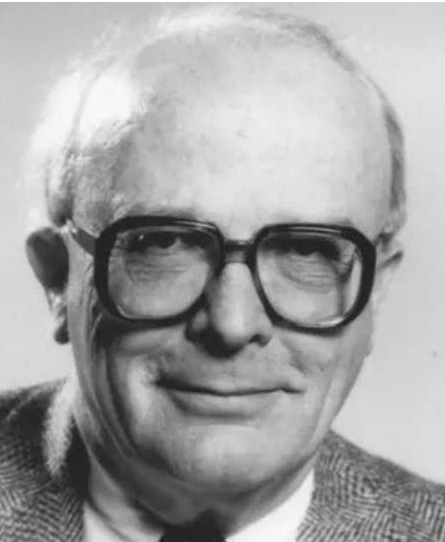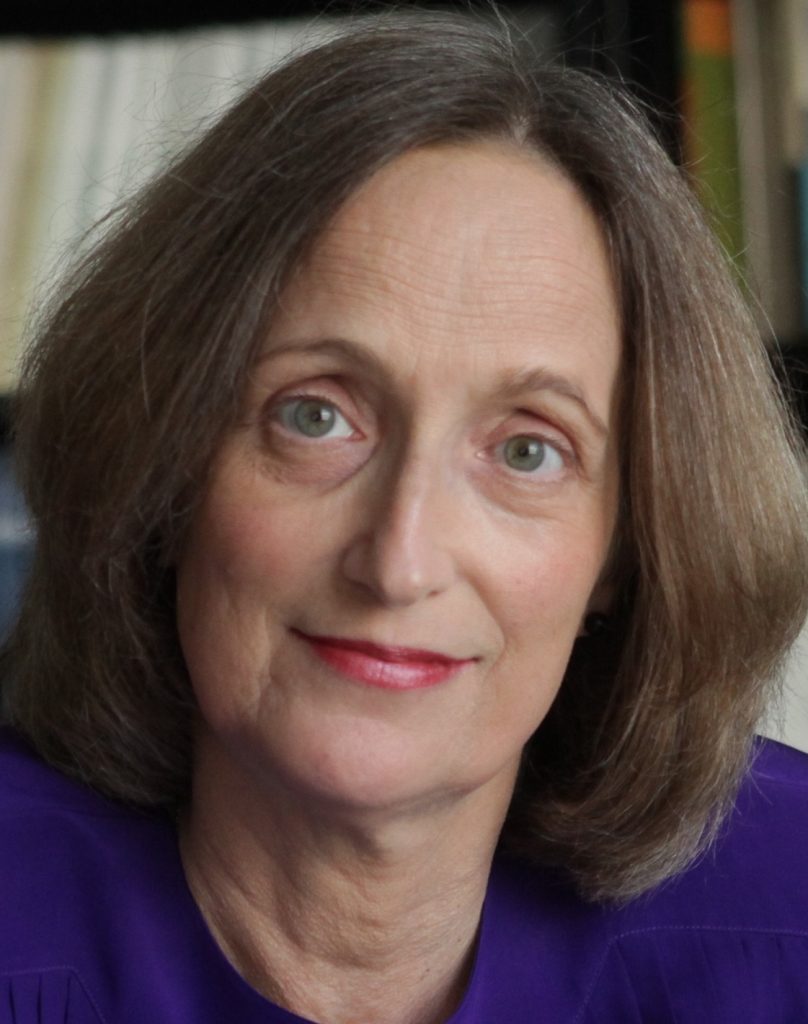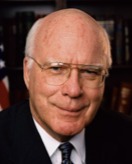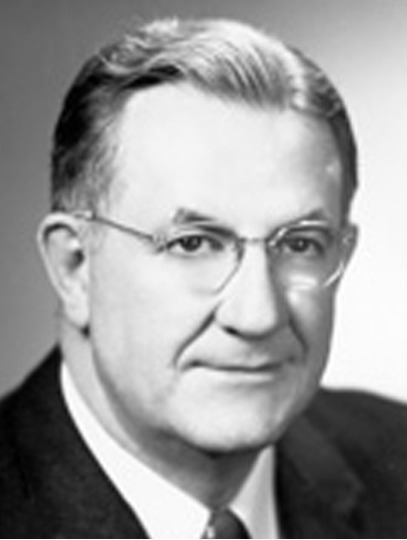The executive director of the Reporters Committee for Freedom of the Press since 2000, Lucy Dalglish was an attorney with a Minneapolis law firm from 1995 to 2000, and worked from 1980-93 as a reporter and editor at the St. Paul Pioneer Press.
As an expert on the effect of government secrecy in the post- Sept. 11 world, she has testified before both state legislatures and congressional committees about access to government information and government secrecy. She has spoken throughout the United States on FOIA issues and serves on the board of directors of the National Freedom of Information Coalition and the Virginia Coalition for Open Government.
From 1996 to 2000, Dalglish was legal counsel to the Minnesota Library Association. She served three years as national chair of the Society of Professional Journalists Freedom of Information Committee in the early 1990s. She was awarded the Wells Memorial Key, the highest honor bestowed by the SPJ, in 1995 for her work as chair of the FOI committee and for service as a national board member.
Class of 1996
- Samuel J. Archibald
- Scott Armstrong
- U.S. Sen. Hank Brown
- Harold L. Cross
- Lucy A. Dalglish
- Earl English
- U.S. Rep. Dante Fascell
- Paul Fisher
- William H. Hornby
- Jane E. Kirtley
- Jack C. Landau
- U.S. Sen. Patrick J. Leahy
- U.S. Sen. Edward Long
- Paul K. McMasters
- U.S. Rep. John E. Moss
- J. Edward Murray
- Virgil M. Newton Jr.
- Jean H. Otto
- James S. Pope
- Harold C. Relyea
- Richard M. Schmidt Jr.
- Sheryl L. Walter
- Bruce W. Sanford
- J. Russell Wiggins
Class of 2006
- Andrew Alexander
- Gary Bass
- Thomas S. Blanton
- Danielle Brian
- David Burnham
- Hodding Carter III
- Tom Curley
- Tom Devine
- Kevin Goldberg
- Morton H. Halperin
- Charles W. Hinkle
- Kathleen A. Kirby
- Susan B. Long
- Robert D. Lystad
- John E. Pike
- Ronald L. Plesser
- Russ Roberts
- A. Bryan Siebert
- David Sobel
- Thomas M. Susman
- Mark Tapscott
